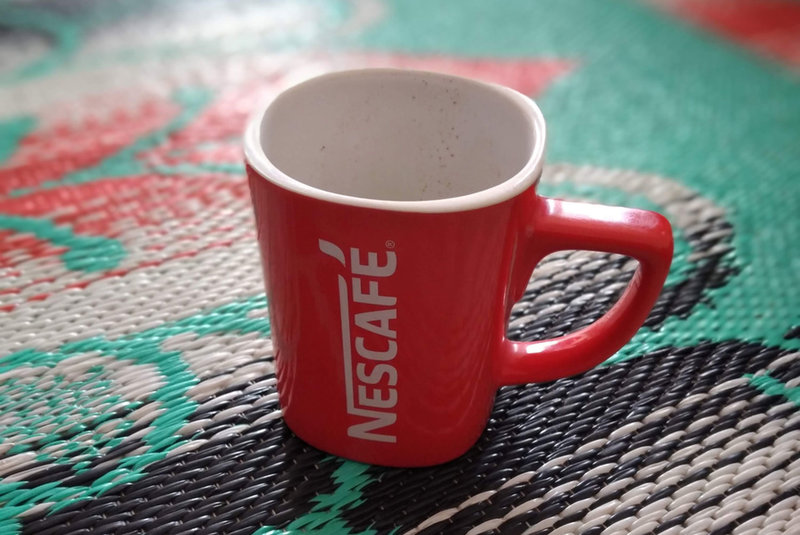market insight
Stuart Gannon
market insight
In association with
NestlÉ to trial refillable services, but is this the right time amid Covid-19 concerns?
Sustainability dominated the narrative for FMCG packaging over the last decade, but according to GlobalData, brands’ continued efforts to focus on the topic may be fruitless as consumers’ priorities when it comes to packaging has shifted in response to Covid-19.

Stuart Gannon
Nestlé is trialling a new refillable instant coffee and Purina cat food service in Switzerland as part of its efforts to reduce its single-use packaging. Consumers must bring their own containers, which they can refill with their favourite Nescafé coffee types or cat food. The service also provides product information, such as ingredients, nutritional values and shelf life via digital means rather than on the packaging.
Prior to Covid-19, sustainable and eco-friendly trends dominated the collective consciousness and heavily shaped the FMCG market over the course of the 2010s, particularly in Western Europe and North America.
Consequently, many major FMCG companies implemented sustainability initiatives and schemes, with aim to better align their operations with these demands; a key area of this includes cutting down packaging waste.
In fact, 72% of global respondents deemed refillable or reusable packaging features to be quite/extremely important in products, as per GlobalData’s 2019 Q3 consumer survey; this was even higher for Swiss consumers, standing at 76%.
Refillable services started to gain traction over the past few years, with Asda announcing plans to launch a ‘sustainability store’ in January 2020, that offered refillable stations for its own-brand coffee, rice and pasta, in addition to Kellogg’s cereals and PG Tips tea.
However, since the outbreak of Covid-19, consumer priorities have changed.
Understandably, given the magnitude of the Covid-19 outbreak worldwide, safety and hygiene are at the forefront of consumers’ minds, whilst trends that came to define the previous decade have lost some sway.
With concerns surrounding how the virus is spread and transferred via different surfaces remaining high, many consumers are opting for single-use plastics and packaging that can easily be disposed of after use.
While environmental trends will inevitably resurface post-coronavirus, the current market situation may prove challenging for Nestlé’s new trial.
To address the cautionary behaviour exhibited by consumers, Nestlé’s R&D packaging lead, Hélène Lanctuit, stated that “the dispensers are novel because they incorporate smart technology, which allows us to ensure product safety, and also guarantee the freshness and traceability of our products”.
The pilot trial is being launched in three Nestlé shops located in Rorschach, Orbe and La Tour-de-Peilz, Switzerland.
For more insight and data, visit the GlobalData Packaging Intelligence Centre